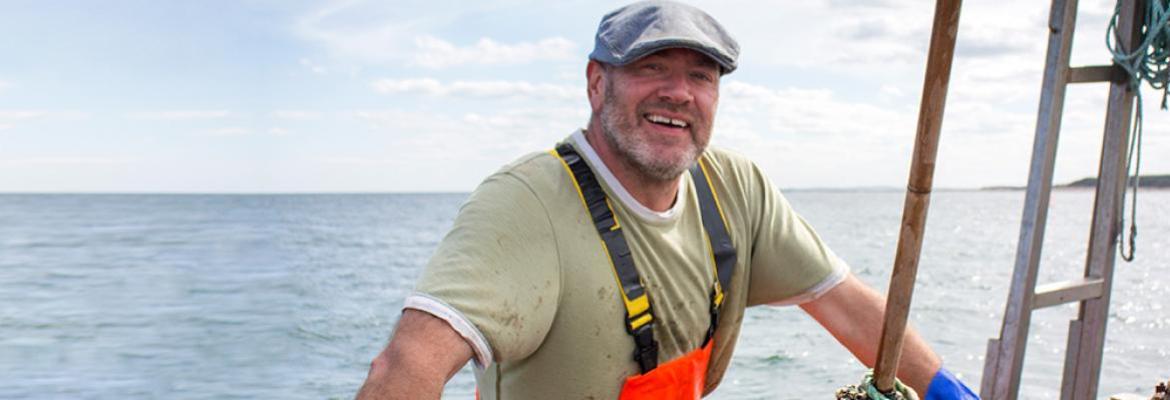
On 1 June 2025, we introduced new requirements for safety management systems (SMS).
These changes affect all domestic commercial vessels. Find out what you need to do.
We also introduced simplified SMS requirements for smaller, less complex vessels. Check if your vessel is eligible.
Find qualifications and training materials so you can make sure you and your crew are qualified to do their jobs on your vessel. You'll need to make sure your vessel is compliant and you have fulfilled all of your safety obligations under Australian standards and regulations.
Latest case study—safety culture aboard trawlers
Check out our latest safety story, a video about a man-overboard incident in Western Australia. It could have been a lot worse if Mareterram Limited had not improved their safety systems.
Certification and training
To be able to work on an international commercial fishing vessel, there are standards of professional competency you must achieve. You can work as a skipper, watch officer (mate), engineer, or deck hand.
Find out how to get qualified to work on an international commercial fishing vessel.
You will also need to gain a certificate of competency if you are working on a commercial fishing vessel as skipper, mate, engineer or engine driver. Depending on the crewing requirements for the vessel you are working on you may also be required to hold a certificate of competency if you are working as a general purpose hand. The owner of the vessel will be able to tell you what you need to work on their vessel.
If you are operating in the waters of an aquaculture lease approved by a state or territory authority or any approved waters for the daily transit to and from the aquaculture lease, under an Exemption 38 arrangement, you should organise a AMSA form 1850 Medical certificate domestic seafarer before 1 January 2024 to comply with the transition to Coxswain Grade 3. For more information, please download the Coxswain 3 Guidance notice:
Coxswain Grade 3 Near Coastal (PDF 265.5 KB)
Find out how to qualify for your domestic certificate of competency.
Registration of your vessel
If you own or operate a commercial fishing vessel, you might consider registering it on the Australian general shipping register. Registration of your vessel makes certain safeguards and benefits available to you as the owner or operator of a registered commercial fishing vessel.
Vessel compliance
If you own a commercial fishing vessel, you will need to make sure it is compliant under Australian and international standards and legislation.
Travelling in the exclusive economic zone
Domestic commercial fishing vessels can travel between the exclusive economic zone around Norfolk Island and the Australian mainland, but you'll need to have the correct Certificate of survey.
Find out how to apply for recognition, and read more about commercial fishing vessels travelling in the exclusive economic zone.
Report pollution
As a commercial fisher you have a responsibility not to pollute the sea. Make sure you know about the regulations and laws governing garbage management, and the restrictions on oil and garbage pollution from fishing vessels.
Hook-up response for trawlers
A hook-up is potentially one of the most dangerous situations on a trawler. A trawler can easily roll over with crew becoming trapped underneath and drowning. Circumstances can differ each time a trawler hooks-up—usually a mix of sea conditions, trawler stability and crew actions. Each crew member needs to understand that a practiced and considered set of actions is the best response. Your life may depend on it.